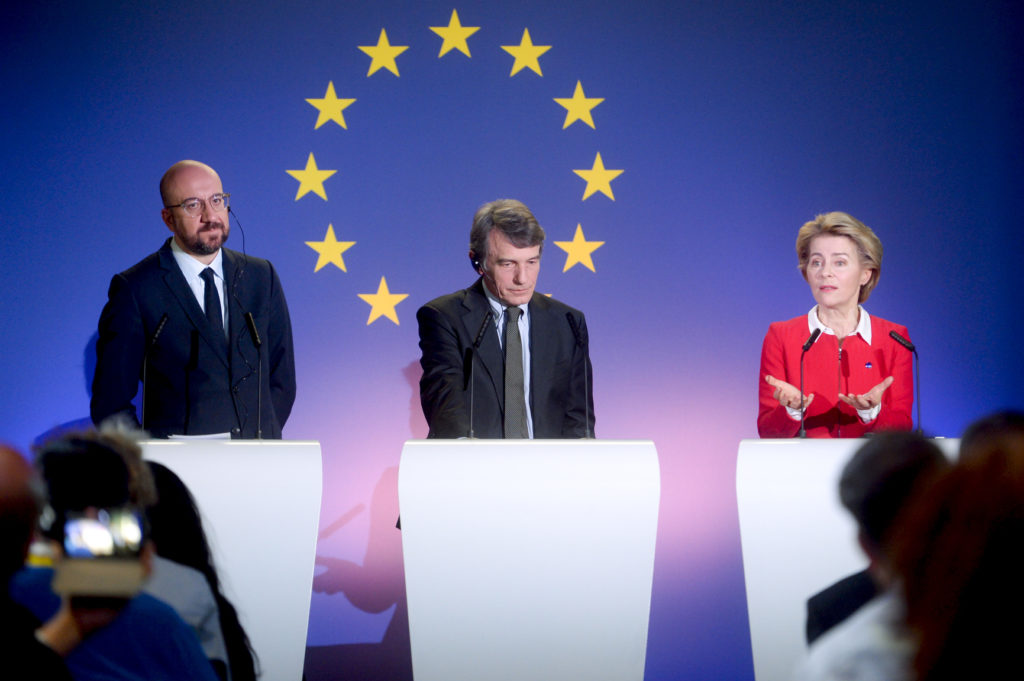Open Letter to Charles Michel
and Ursula von der Leyen
on new regulatory burdens for SMEs
during the COVID-19 crisis


As often stated, SMEs are a vital motor of the European economy, playing a key role in Europe’s industrial fabric. Full attention must be paid to SME needs while designing regulatory initiatives, especially in times of crisis.
It has come to our attention that a number of new regulatory requirements imposed on European companies are scheduled to take effect in the coming days and weeks. A non-comprehensive list of EU acts imposing such new requirements is attached to this letter for reference.
We understand that some of those requirements entail logistical and technical adaption of companies’ production and supply chains, which present a challenge for companies and SMEs in particular, given the extraordinary circumstances that they are facing during the COVID-19 crisis.
The coronavirus pandemic is putting European companies under tremendous pressure and many of them are forced to temporarily close their activities, reduce their staff, introduce safety measures, face broken supply chains, deal with suppliers’ or customers’ bankruptcies, liquidity, vastly reduced demands, or are simply engaged in a fight for their own survival.
Once Europe comes out of the crisis, it will be companies, small and big, that we will rely on to get the economy back on track. We call the European Council as well as the European Commission to do everything in their power to shield companies and in particular SMEs from unnecessary constraints, and to support them throughout this difficult time.
For this reason, we urge you that an instrument be established which will allow the Commission to postpone the deadline for new regulatory obligations which would otherwise take effect during the crisis. It should be up to the Commission to decide upon the length of the extension of the deadline, but it should take into account the period of time that the crisis is expected to affect companies’ labour force, production and supply chains, knowing that the disturbance may continue beyond the duration of the sanitary emergency.

